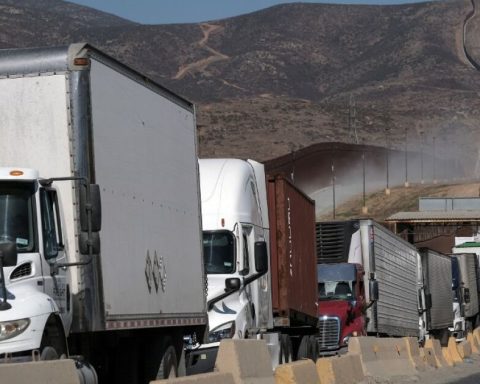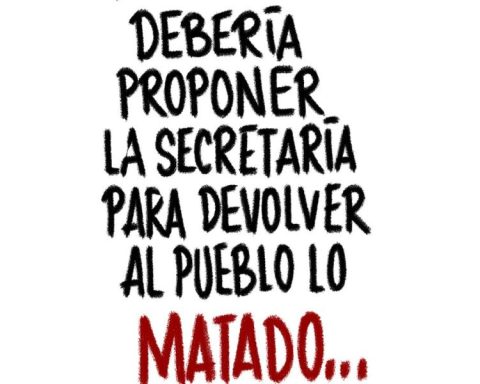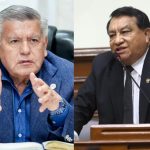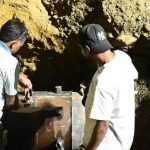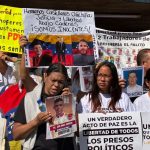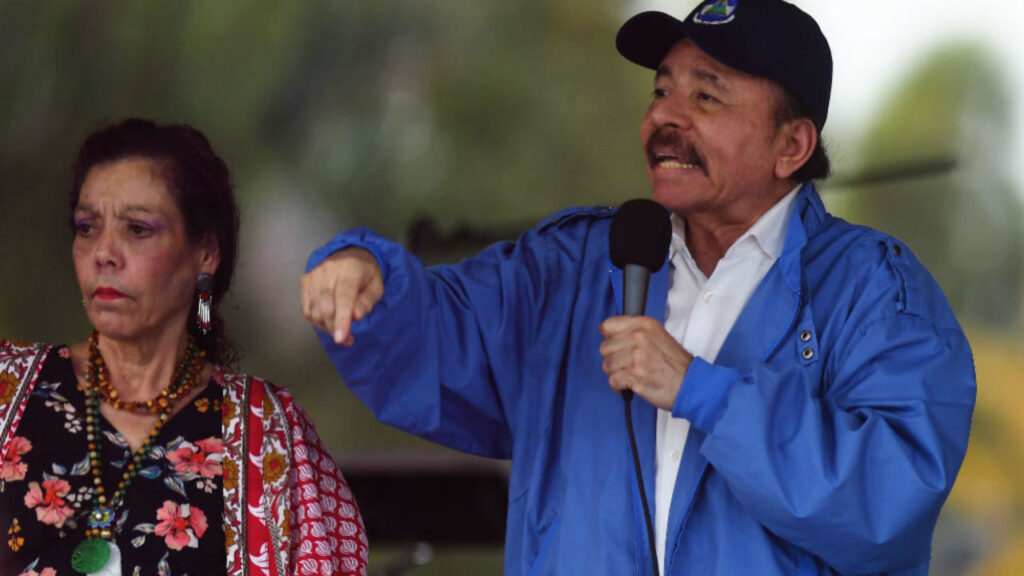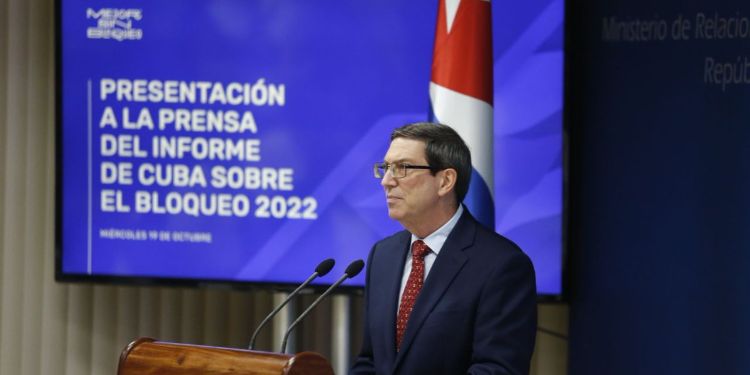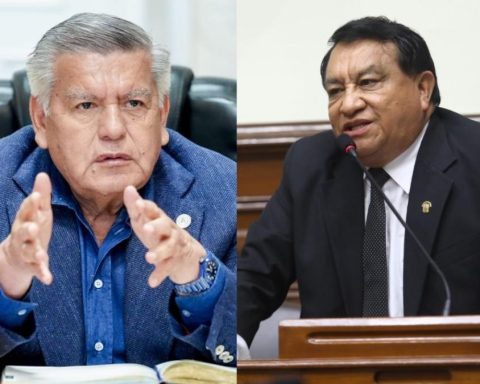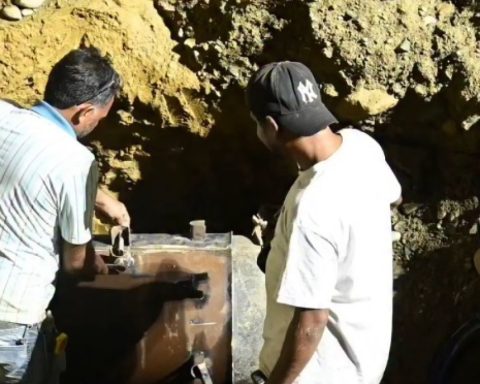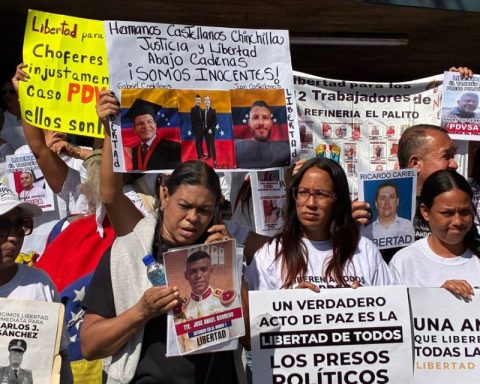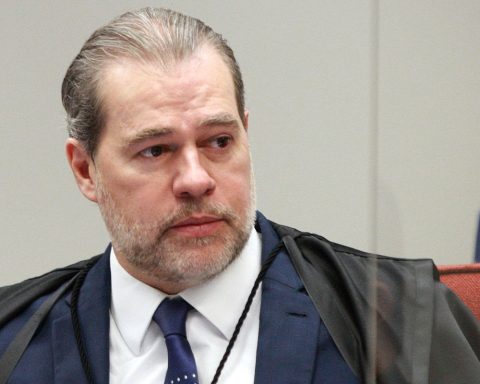From the Editorial Office
Newspaper La Jornada
Saturday, October 29, 2022, p. 5
The Secretary of Foreign Relations, Marcelo Ebrard, said he was in favor of legalizing marijuana and yesterday supported the proposal of the President of Colombia, Gustavo Petro, to change the approach of fighting drugs with war, as promoted by the United States from the government of Richard Nixon (1969-1974), because it does not reduce its consumption and the only thing he has achieved
is that those linked to this business
are armed.
The trend that is seen is to dismantle the thesis of (former US president) Richard Nixon who organized the war on drugs as a war and approach the issue of consumption as a health problem. I think it’s a correct trend
expressed the foreign minister when interviewed by journalist Jon Lee Anderson at the Dromofest festival in Mexico City.
He stated that a good solution
for the legalization of cannabis would be to allow each state of the Republic to vote and assume
because in a national debate it is very difficult to advance
. What has been achieved with the persecution of consumption?, she asked, has not been reduced, there is a lot of black market, a lot of violence and a lot of suffering
.
He recalled that Canada he just did a very interesting process with marijuana
and it is one of the issues that I am very interested
deal with during his January visit to that country.
Ebrard commented that at the United States-Mexico High-Level Dialogue on Security last week, “we said: ‘well, why don’t we try to match the policies we are adopting?’ So what Petro says is: ‘let’s discuss it’, and I think he is right”.
In September, in his first speech before the UN, the Colombian president called on end the irrational war on drugs. Reducing drug use does not need weapons, it needs us all to build a better society
.
Yesterday, Ebrard argued that Petro’s argument is very good, very sensible
. He says: “Colombia is armed everywhere, there are paramilitary groups, the narco, and so on. We are going to have a dialogue in each region of the country to disarm, to create the conditions for peace.
But there is a very important point, which is the ambiguity about cocaine. It is prohibited, but in Oregon (United States) you can already have, according to the law, some small quantities for your consumption. It is prohibited, and we have been in the war against cocaine for 20, 25 or 30 years and the only thing that has been achieved is that everyone is armed, those who are linked to this business, and consumption is not being reduced nor is it going to be reduced .
Petro proposes –he added–: ‘“why don’t we think about it, review it?’ I think he is right, now we have to come to an agreement”.
It is sensible when the Colombian president states: “’it is an enormous cost to be pursuing the issue of cocaine, we have been (from) 1975 to here; consumption goes up every year, you are already half beginning to allow or tolerate it and the cost for us is very high, so we are going to review that’. That point, I believe, is correct. Other strategies are not necessarily shared by us”.



